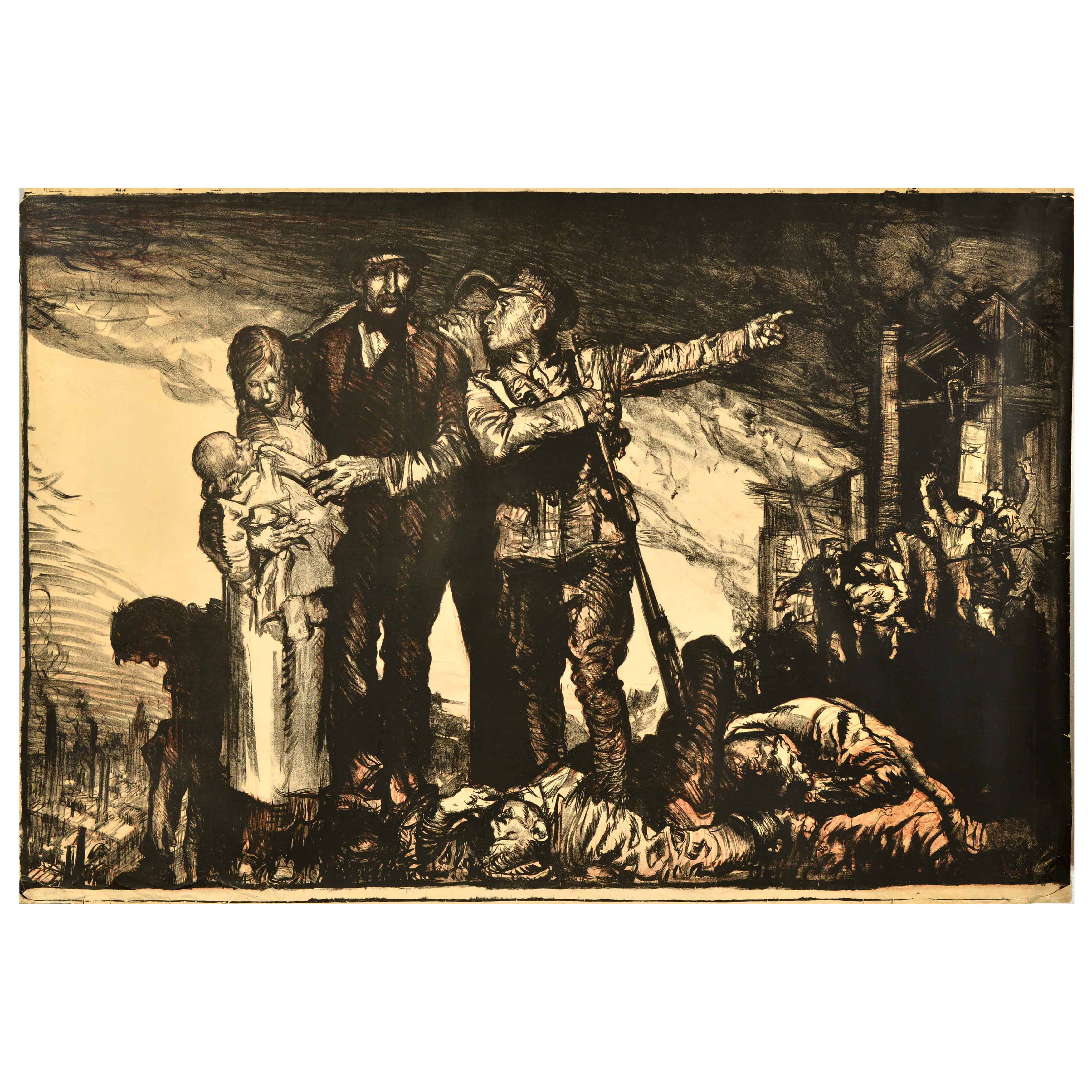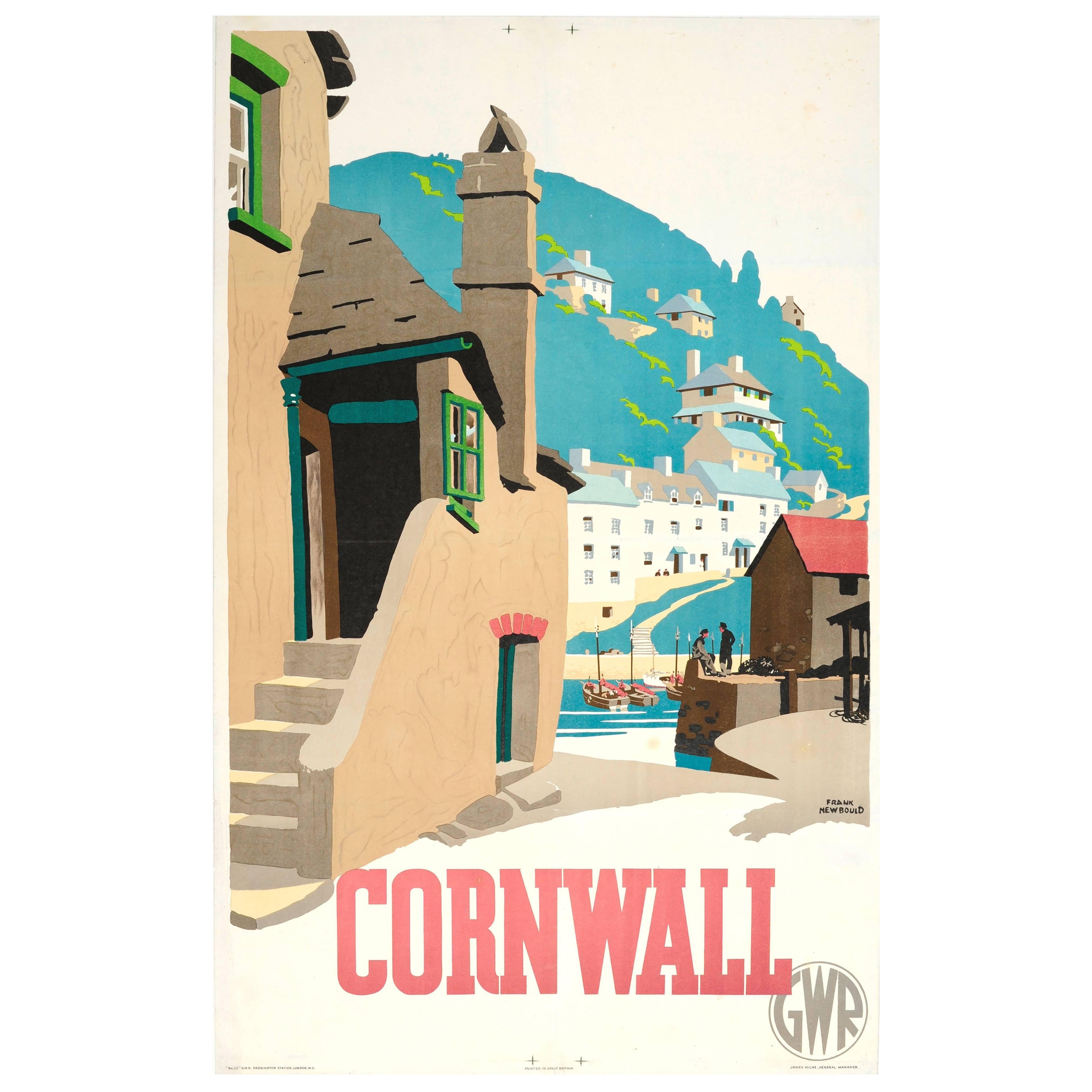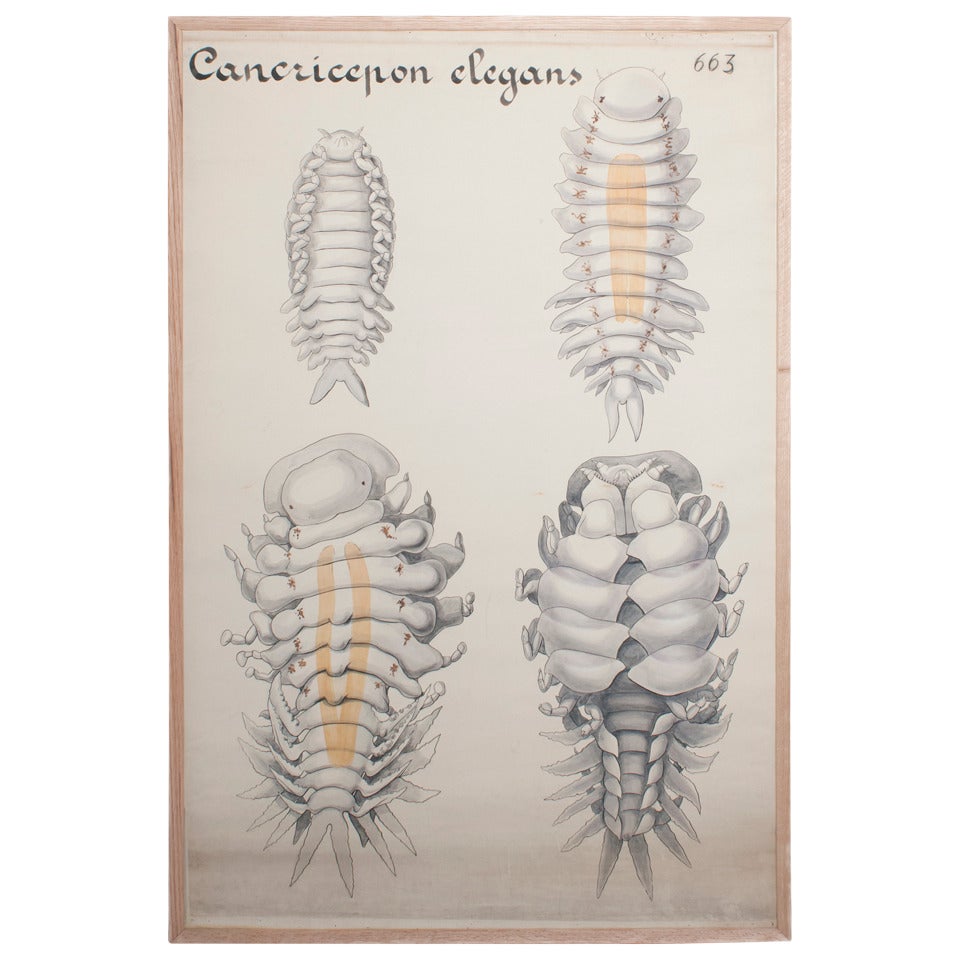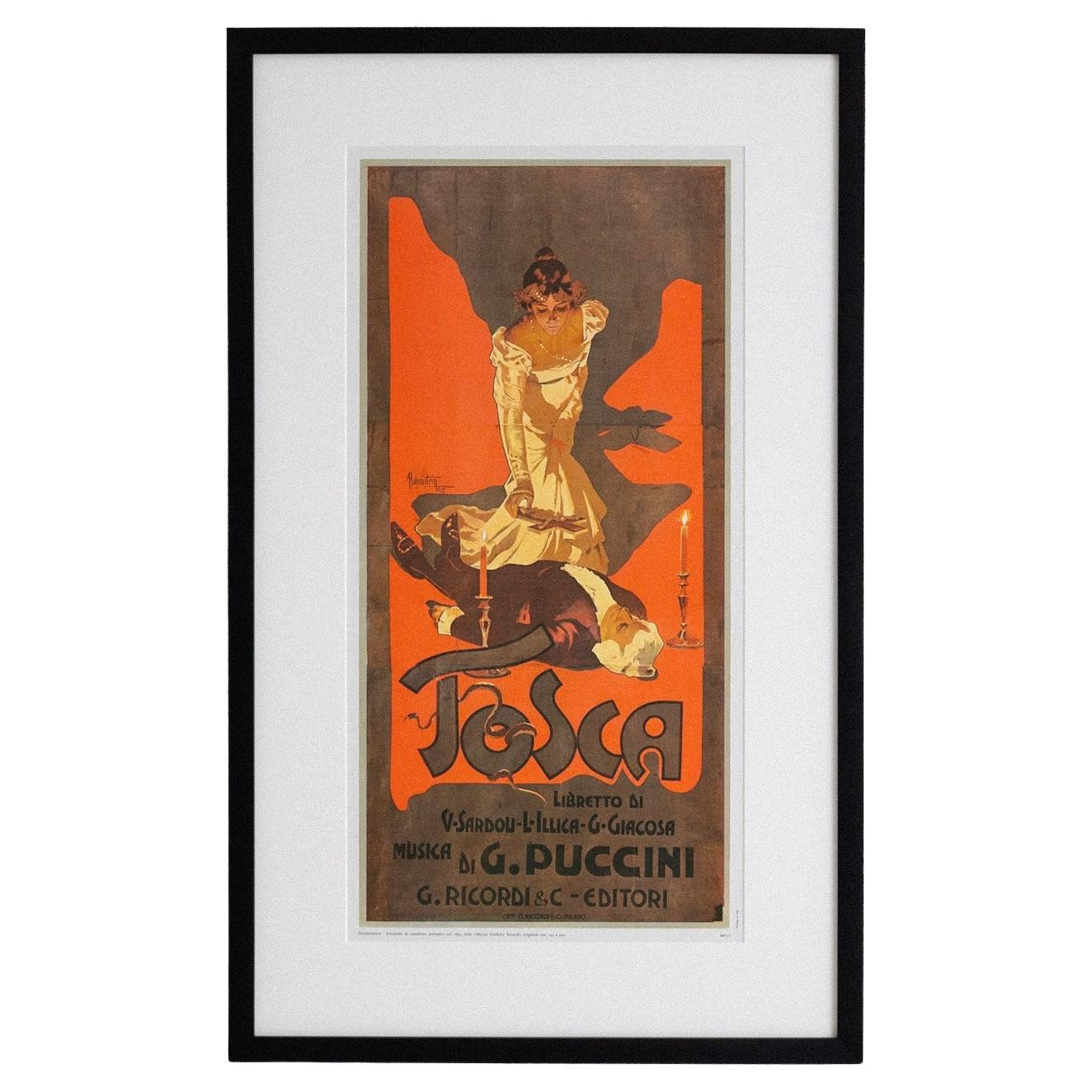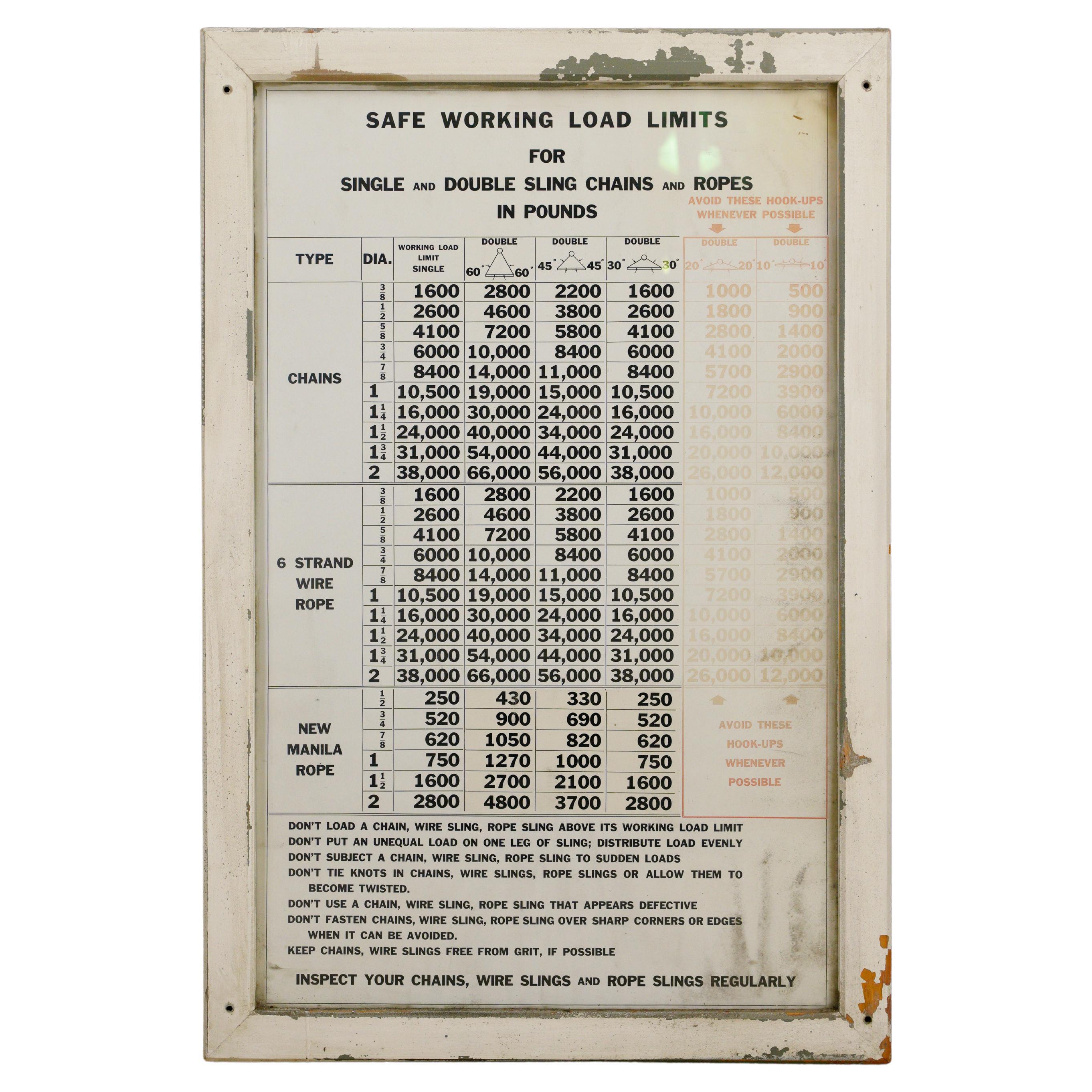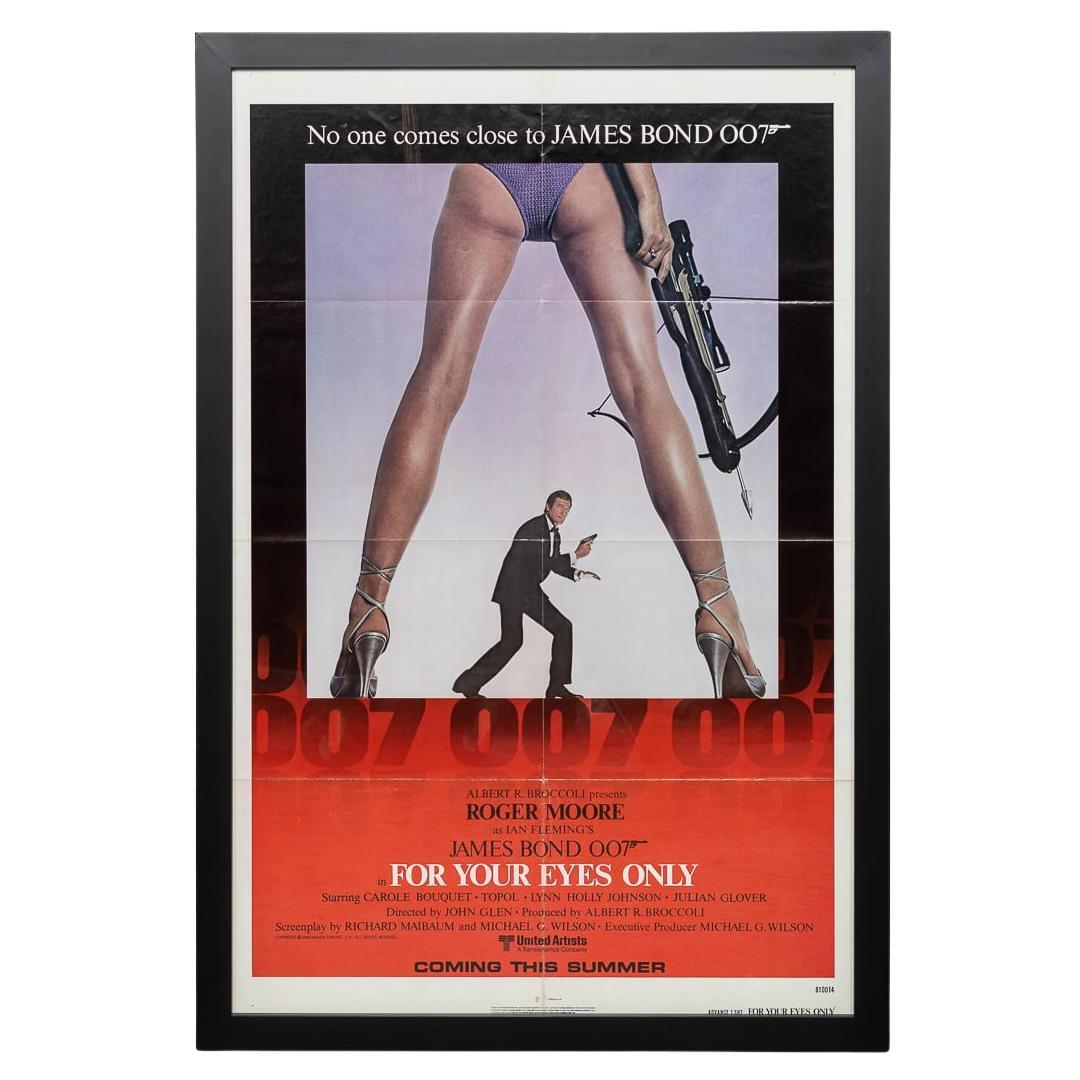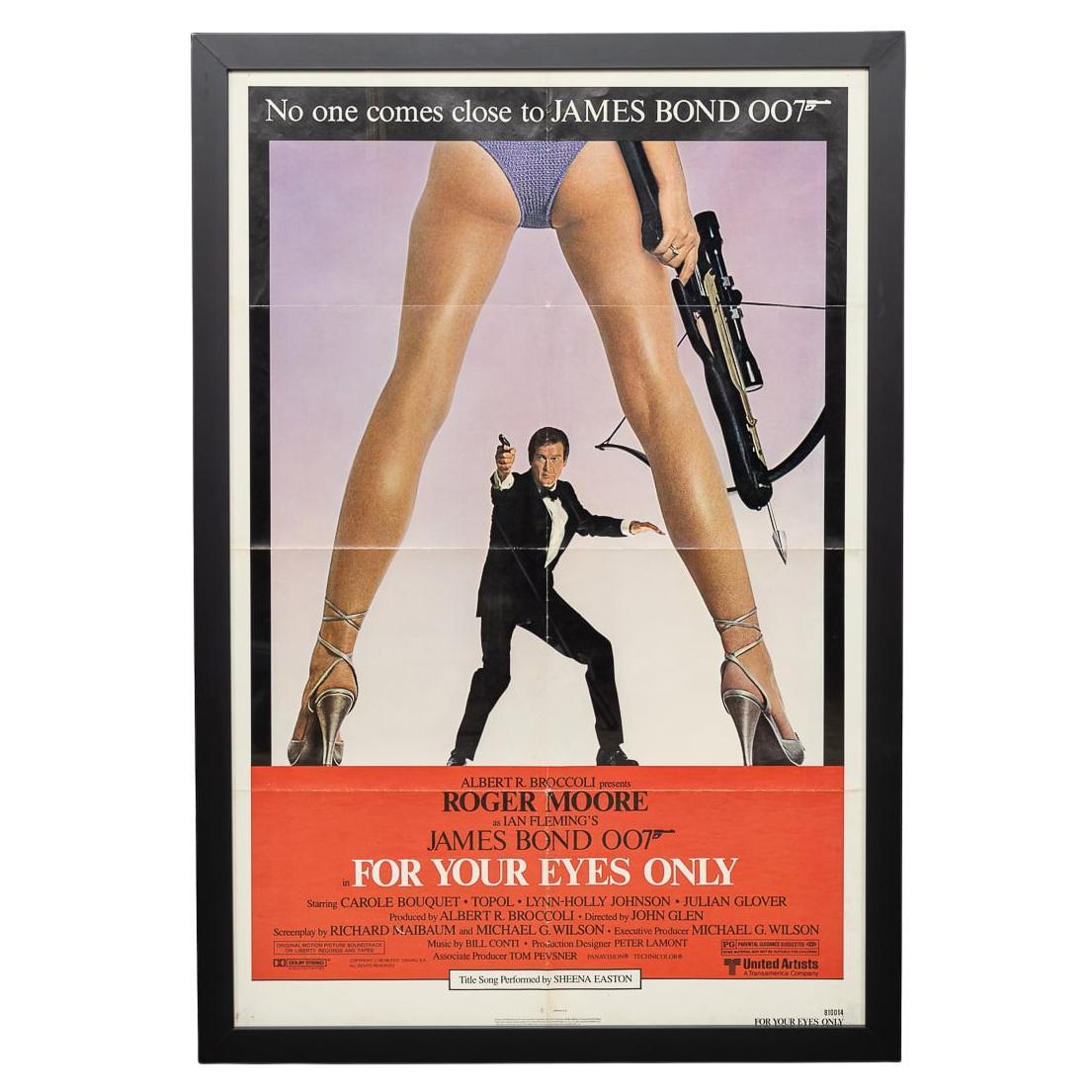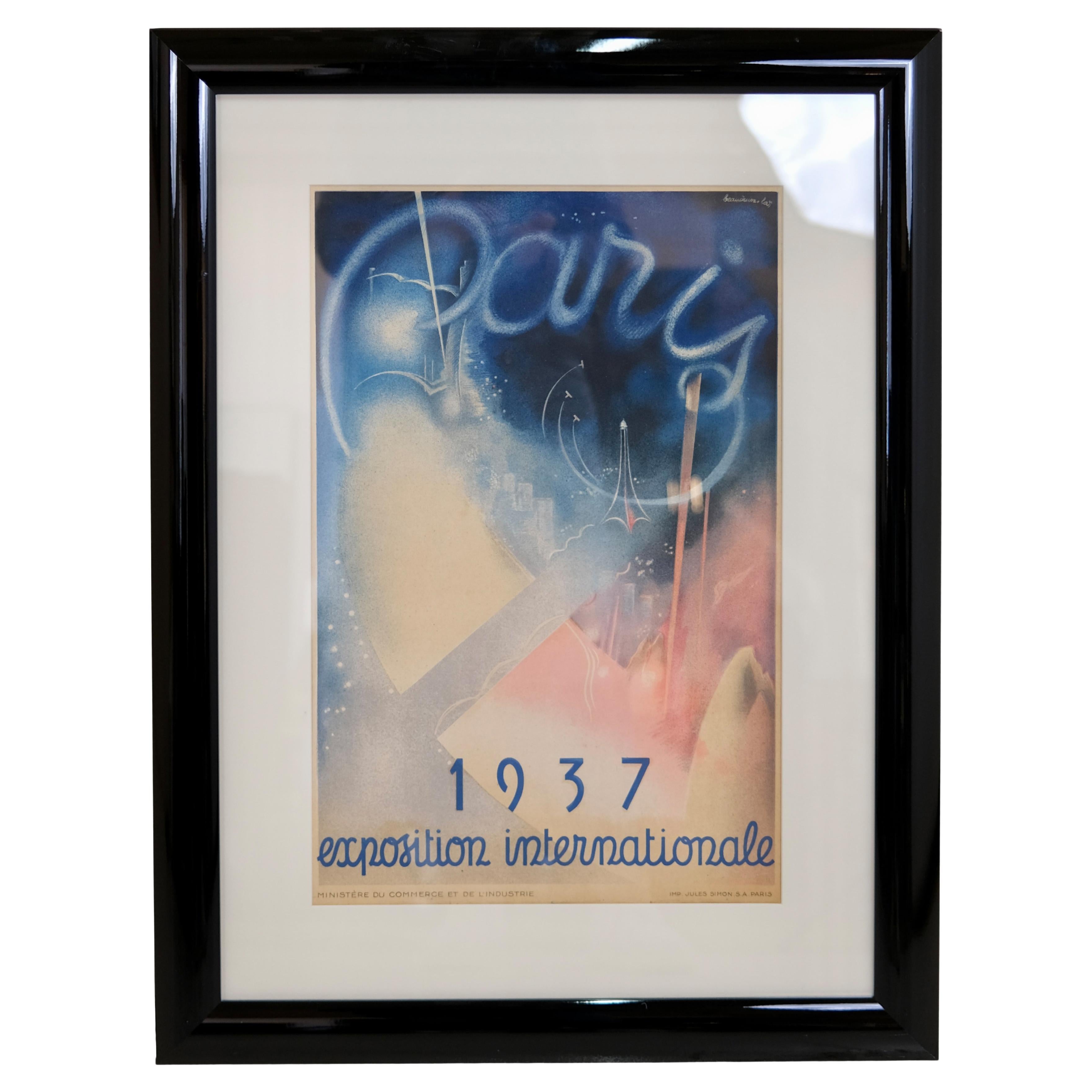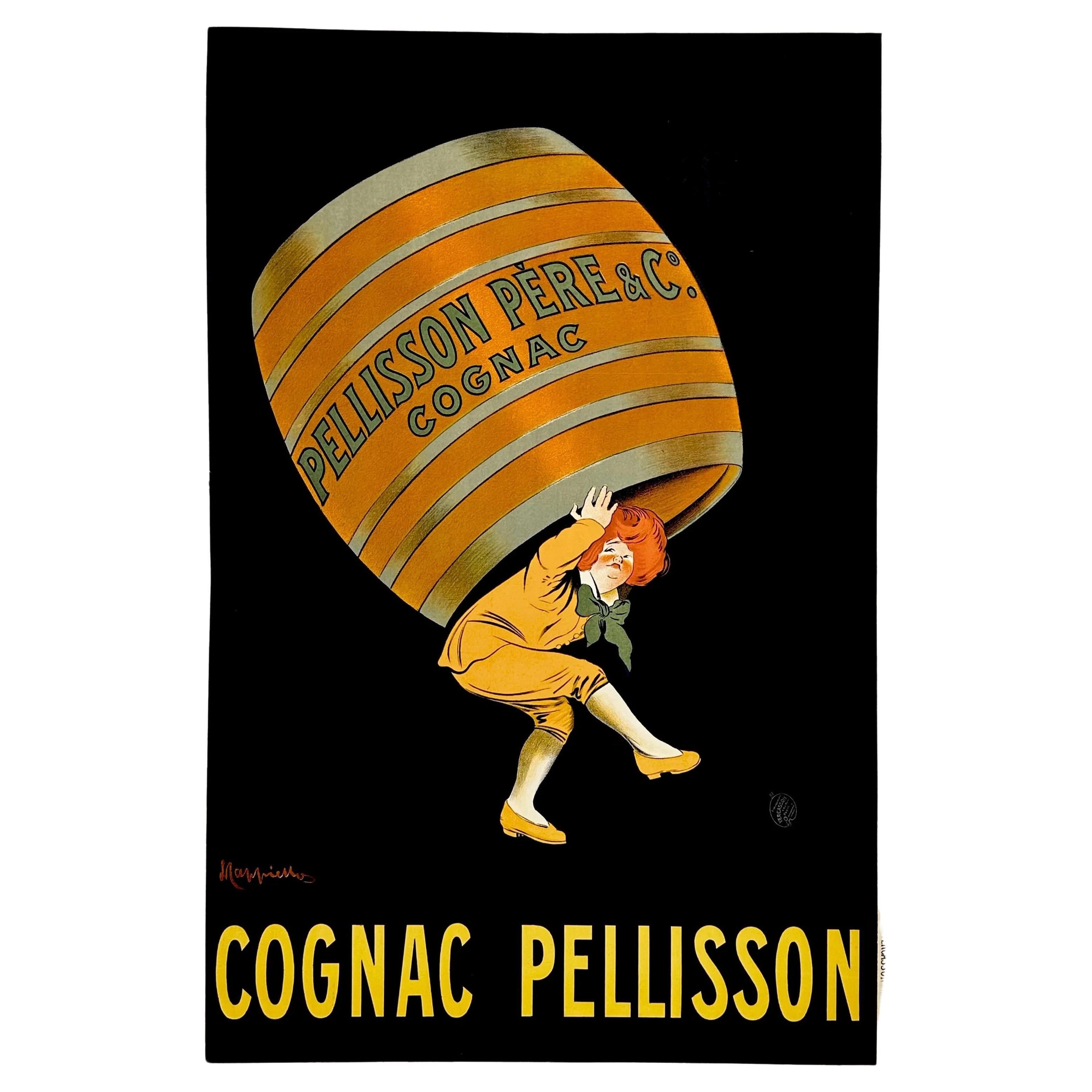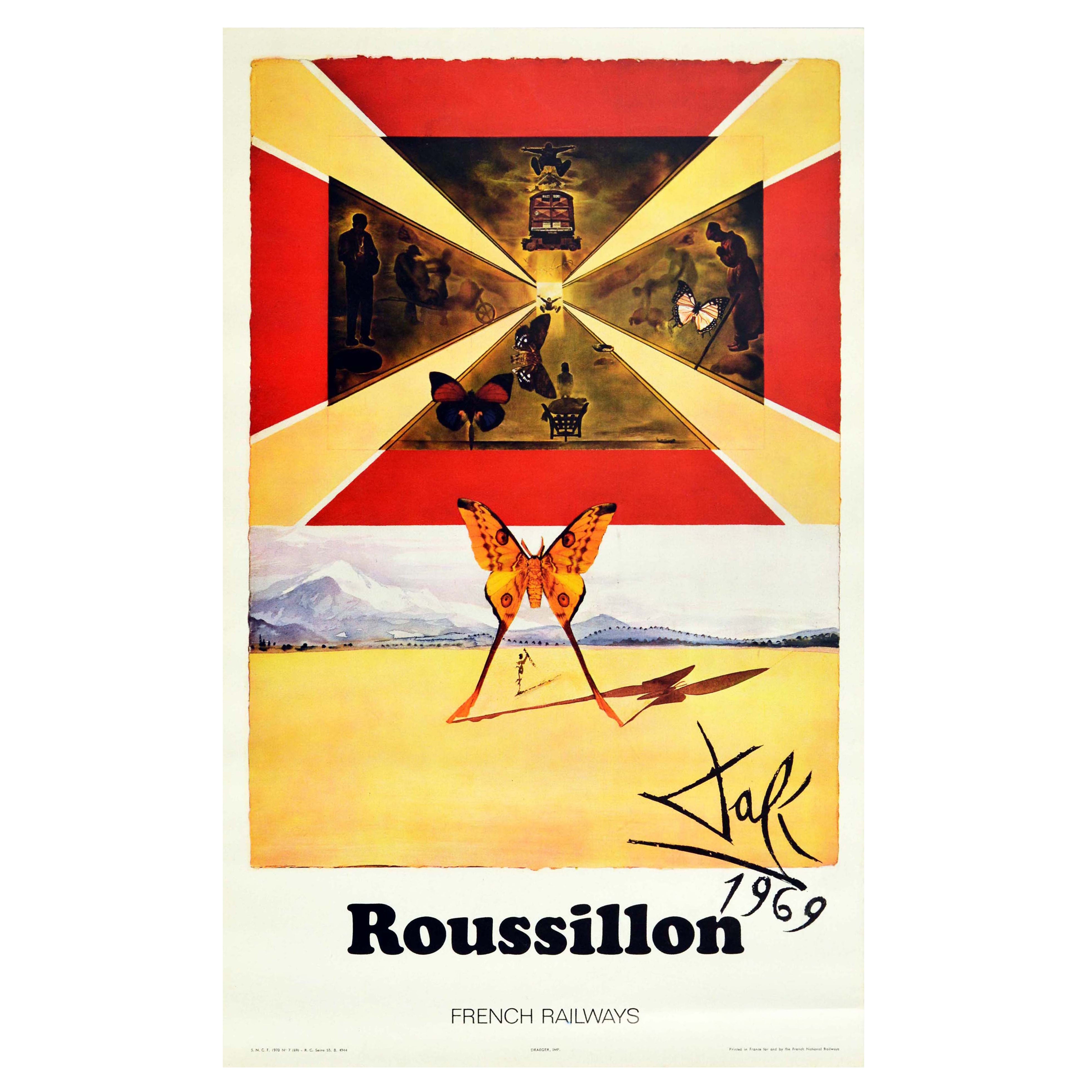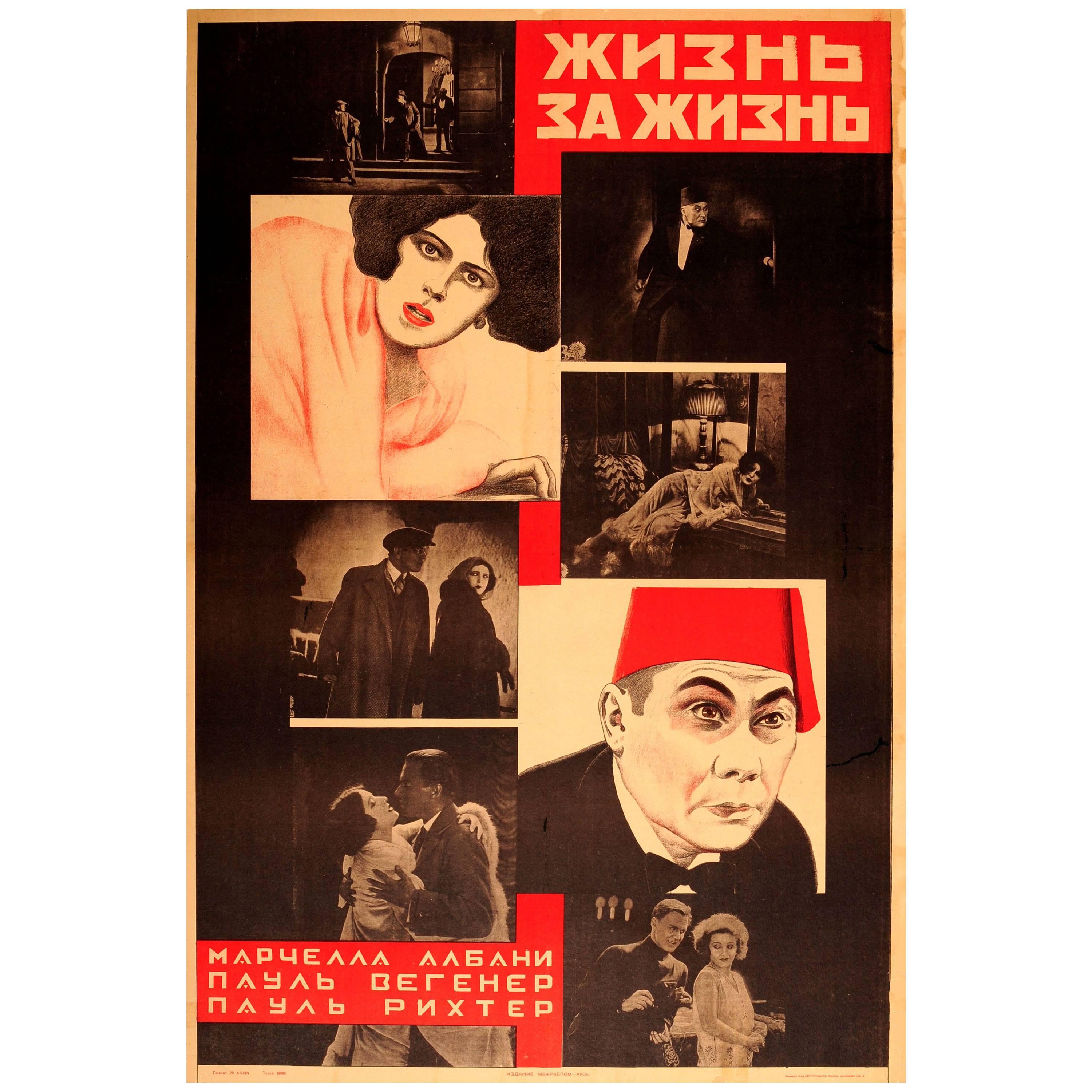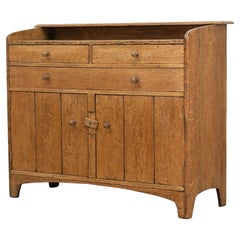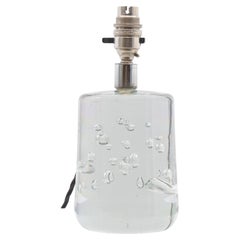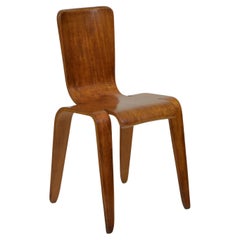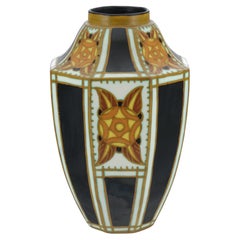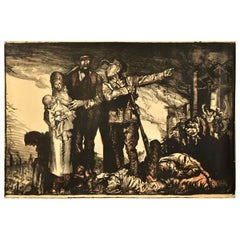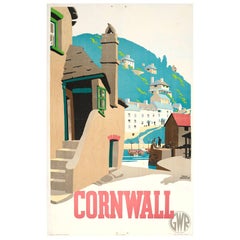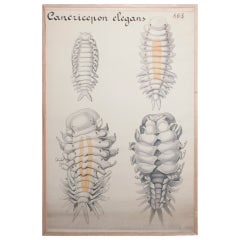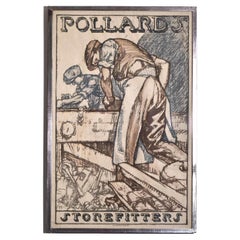
Sir Frank Brangwyn Designed for Pollards Storefitters Framed Poster
View Similar Items
Want more images or videos?
Request additional images or videos from the seller
1 of 9
Sir Frank Brangwyn Designed for Pollards Storefitters Framed Poster
Price:$1,000
$1,420.72List Price
About the Item
- Creator:Frank Brangwyn (Designer)
- Dimensions:Height: 30.71 in (78 cm)Width: 20.28 in (51.5 cm)Depth: 1.19 in (3 cm)
- Style:Industrial (In the Style Of)
- Materials and Techniques:
- Place of Origin:
- Period:
- Date of Manufacture:circa 1930
- Condition:Replacements made: The poster is framed in a later ebonised and aluminium effect distressed frame. Wear consistent with age and use.
- Seller Location:Norwich, GB
- Reference Number:Seller: 26121FB1stDibs: LU6433228609922
About the Seller
5.0
Gold Seller
Premium sellers maintaining a 4.3+ rating and 24-hour response times
Established in 1991
1stDibs seller since 2022
61 sales on 1stDibs
Authenticity Guarantee
In the unlikely event there’s an issue with an item’s authenticity, contact us within 1 year for a full refund. DetailsMoney-Back Guarantee
If your item is not as described, is damaged in transit, or does not arrive, contact us within 7 days for a full refund. Details24-Hour Cancellation
You have a 24-hour grace period in which to reconsider your purchase, with no questions asked.Vetted Professional Sellers
Our world-class sellers must adhere to strict standards for service and quality, maintaining the integrity of our listings.Price-Match Guarantee
If you find that a seller listed the same item for a lower price elsewhere, we’ll match it.Trusted Global Delivery
Our best-in-class carrier network provides specialized shipping options worldwide, including custom delivery.More From This Seller
View AllHeals Oak Letchworth Dresser Designed By Sir Ambrose Heal
By Ambrose Heal
Located in Norwich, GB
Heal's oak Letchworth dresser, designed by Sir Ambrose Heal. Circa 1930.
Heal's cottage furniture suited the ethos of the new garden cities and was first exhibited at the Letchworth...
Category
Early 20th Century English Arts and Crafts Dressers
Materials
Oak
Josef Frank 1819 Cylindrical Glass Table Lamp For Svenskt Tenn Sweden Circa 1940
By Josef Frank
Located in Norwich, GB
Cylindrical form blown glass table lamp having encased bubbles with a nickel plated stem, designed by Josef Frank (1885-1967) and produced by Svenskt Tenn, Sweden. Circa 1940.
The o...
Category
Mid-20th Century Swedish Mid-Century Modern Table Lamps
Materials
Nickel
Rare Bambi Chair Designed by Han Pieck for Morris & Co Glasgow
By Han Pieck
Located in Norwich, GB
Rare bentply Bambi chair designed by Han Pieck (1924 - 2010) for Morris & Co of Glasgow. Circa 1946.
This beautiful chair was made in a very limited product...
Category
Mid-20th Century Dutch Mid-Century Modern Side Chairs
Materials
Plywood
$3,894 Sale Price
20% Off
Art Deco Vase Designed By Charles Catteau For Boch Frères Keramis 1930s
By Charles Catteau for Boch Freres
Located in Norwich, GB
Art Deco faceted form fine earthenware vase, with stylised geometric motifs. Designed by Charles Catteau for Boch Frères Keramis. Printed marks. Circa late 1920's.
A good size and ...
Category
Vintage 1930s Belgian Art Deco Vases
Materials
Earthenware
Guillaume Corneille (1922 2010) 'Visgae De Femmes' Framed Lithograph 1991
By Guillaume Cornelis van Beverloo (Corneille)
Located in Norwich, GB
A lithograph in colours 'Visage de Femmes' by Guillaume Corneille van Beverloo (1922-2010) on arches paper with deckled edges. Signed to the bottom right. 1991.
The print is in very...
Category
Late 20th Century Dutch Mid-Century Modern Prints
Materials
Glass, Oak, Paper
Isokon Plus Dining Table By Windmill Furniture Designed By Marcel Breuer
By Isokon Plus
Located in Norwich, GB
Isokon 'Plus' birch plywood dining table by Windmill Furniture. Originally designed by Marcel Breuer for Isokon. Labelled. Circa 2000.
This size table is no longer in production. The table is in excellent condition, the top having been sympathetically re-finished with a smooth waxed finish. Showing minimum wear, there is a slight veneer nick replaced to the top, and a very very faint ring mark to the top, which is barely noticeable. Please refer to photograph number 10.
The two early Isokon Venesta stools photographed with the table are listed separately.
The Isokon dining table was one of a number of plywood pieces designed by Marcel Breuer for the Isokon Furniture Company in the late 1930’s. Now considered a Modernist classic, the dining table was originally used in the Isobar Restaurant and Club at the Lawn Road Flats in Hampstead (where Breuer lived) paired with the Isokon Stool...
Category
Early 2000s British Bauhaus Dining Room Tables
Materials
Birch, Plywood
You May Also Like
Original Antique War Recruitment Poster Britains Call To Arms WWI Frank Brangwyn
By Frank Brangwyn
Located in London, GB
Original antique World War One recruitment poster featuring dynamic artwork by the notable Welsh artist Frank William Brangwyn (1867-1956) depicting a soldier in uniform giving direc...
Category
Vintage 1910s British Posters
Materials
Paper
1936 Great Western Railway Poster by Frank Newbould for Cornwall, GWR
By Frank Newbould 1
Located in London, GB
Original vintage travel poster advertising Cornwall by GWR, Great Western Railway, by the notable British poster artist, Frank Newbould (1887-1951). Colorful scenic view of a seaside...
Category
Vintage 1930s British Posters
Materials
Paper
Set of Six Framed Posters for Biology Class
Located in Washington, DC
A Set Of Six Framed Poster For Biology Class
Category
Vintage 1950s French Posters
Materials
Paper
$1,500 / item
Original Framed Paper Movie Poster for Alfred Hitchcocks Psycho
Located in Los Angeles, CA
A framed movie poster for the re-release of Alfred Hitchcock's PSYCHO, starring Janet Leigh, Anthony Perkins, and Vera Miles.
The poster was folde...
Category
20th Century Mid-Century Modern Posters
Materials
Wood, Paper
Framed Print of Adolfo Hohenstein's Poster for Puccini's Tosca
By Adolfo Hohenstein
Located in Brooklyn, NY
A framed print Adolfo Hohenstein's poster for the 1900 premiere of Puccini's Tosca. Printed in Italy. Professionally matted and framed with acid free paper and museum quality, anti-r...
Category
2010s Italian Art Nouveau Posters
Materials
Paper
Safe Working Load Limits Strength Pine Framed Poster
Located in New York, NY
Industrial wood framed poster of Safe Working Load Limits for Single and Double Sling Chains and Ropes. The glass is intact. Good condition with appropriate wear from age, with some ...
Category
Mid-20th Century American Industrial Posters
Materials
Glass, Wood, Paper
